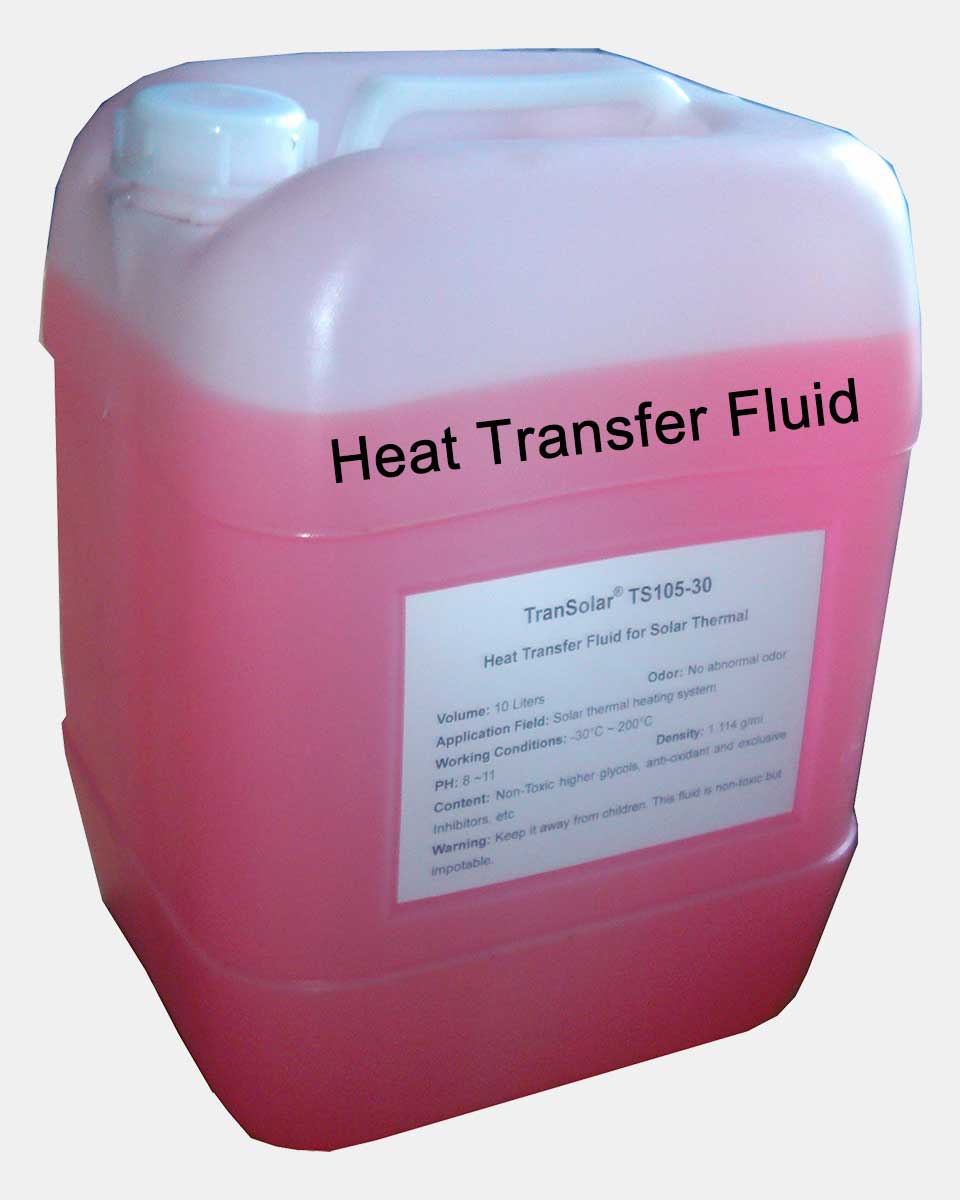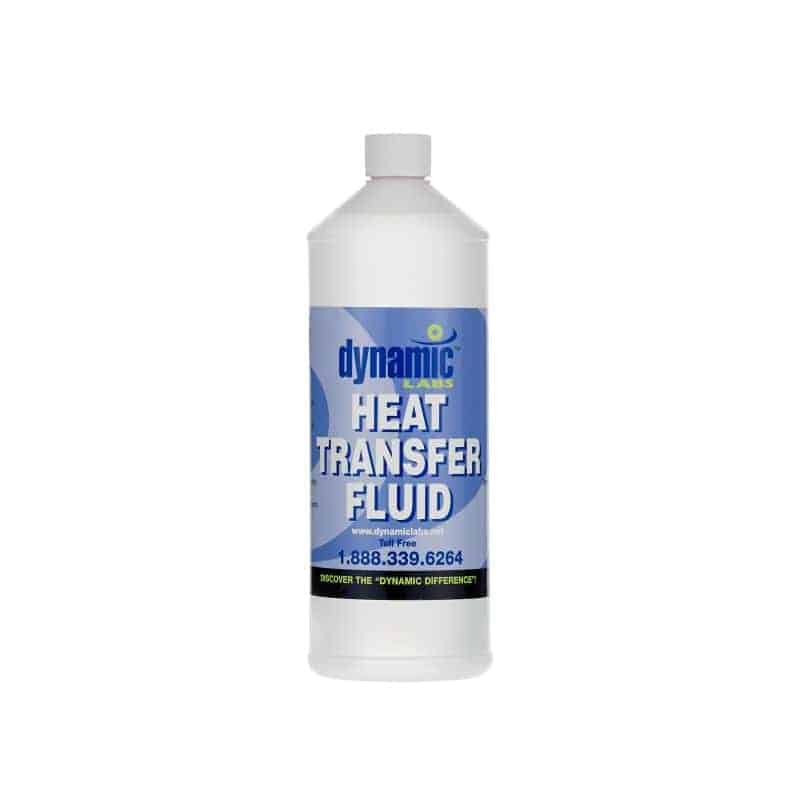Why Propylene Glycol is a Top Choice for Non-toxic Heat Transfer Fluid
Why Propylene Glycol is a Top Choice for Non-toxic Heat Transfer Fluid
Blog Article
Optimize Your System's Lifespan With the Right Heat Transfer Fluid
Picking the ideal warmth transfer liquid is crucial for enhancing system performance and durability. Comprehending the different kinds of warm transfer fluids and the particular demands of your application can considerably influence the overall health of your system.
Importance of Heat Transfer Fluids

Moreover, heat transfer fluids add to the safety and reliability of thermal systems. Additionally, the right warmth transfer liquid can supply protection versus corrosion and scaling, further prolonging the life-span of machinery and facilities.
Sorts Of Heat Transfer Fluids
Various sorts of heat transfer liquids are commonly made use of in commercial applications, each customized to certain operational requirements and temperature arrays. One of the most common classifications include water, oils, and specialized synthetic liquids.
Water is often used as a result of its exceptional thermal conductivity and accessibility; however, its constraints develop at heats and prospective freezing problems. For higher temperature applications, thermal oils, such as mineral oils or natural compounds, are used. These oils give exceptional thermal security and can operate effectively at raised temperatures, making them suitable for procedures like food processing and petrochemical manufacturing.
Artificial fluids, which can be either inorganic or natural, are developed to meet details performance standards. They commonly display improved homes such as reduced poisoning, large temperature arrays, and resistance to oxidation. Examples consist of esters and glycols, which are excellent for specialized applications like solar thermal systems and warmth exchangers.
Additionally, refrigerants are used in cooling down systems, leveraging their stage change residential or commercial properties to launch and absorb warm successfully. Each sort of warmth transfer fluid provides distinctive advantages and is picked based on the certain demands of the application, making sure optimum performance and system longevity.
Aspects to Take Into Consideration When Choosing
Choosing the ideal heat transfer fluid includes mindful factor to consider of numerous variables to guarantee ideal efficiency and system performance. One of the primary aspects is the temperature level variety needed for the system. Liquids differ in their thermal security and can lose or disintegrate performance outside specific temperature restrictions.
One more important factor to consider is the fluid's viscosity, as it impacts pump performance and energy consumption. A fluid that is too thick might impede flow and boost operational costs. In addition, the liquid's details warmth capability plays a crucial function in identifying how properly it can move heat.
Chemical compatibility with system products is additionally necessary to stop rust, degradation, or leakages - dielectric cooling fluid. Making certain that the chosen fluid works with the building and construction products can prolong the life-span of the system

Advantages of Proper Fluid Option
Proper choice of a warmth transfer liquid yields considerable advantages for system effectiveness and integrity. learn this here now The right liquid enhances thermal conductivity, ensuring ideal warm transfer rates within the system. This effectiveness minimizes power consumption, bring about lower functional costs and a decreased ecological impact.
In addition, suitable fluid choice adds to system long life by preventing corrosion and deterioration of elements. Fluids developed with rust preventions shield steel surface areas, therefore extending the lifespan of pumps, pipelines, and warmth exchangers. In addition, picking a liquid with ideal viscosity makes sure efficient flow, which is vital for keeping regular temperature level distribution throughout the system.
One more essential benefit is the fluid's thermal stability. A secure warmth transfer liquid can operate over a broad temperature range without damaging down or shedding performance, which is vital for systems revealed to varying thermal problems. Moreover, the best fluid can additionally reduce risks related to cold or boiling, thus stopping operational disruptions.
Maintenance Tips for Longevity
Making certain the durability of a warm transfer system needs diligent upkeep practices that enhance the benefits of correct fluid option. Routine examinations are vital to determine potential Read Full Article leaks, deterioration, or sediment accumulation that might compromise system effectiveness. Establish a regular timetable to assess pipe honesty, connections, and fittings, as these areas are often prone to tear and put on.

Keeping track of liquid degrees and top quality is just as crucial. Frequently look for indications of contamination, such as staining or particle issue, which can indicate deterioration of the warm transfer fluid. Executing regular fluid analysis can offer insights into its chemical residential properties, permitting for prompt substitutes when essential.
Additionally, keeping optimum operating temperature levels is essential. Urge making use of temperature controls and sensors to avoid overheating, which can increase fluid deterioration and damage system components.
Lastly, constantly abide by the producer's guidelines concerning fluid substitute intervals and maintenance methods. By devoting to these finest practices, you can considerably enhance the functional life-span of your warmth transfer system, making sure trustworthy performance and reducing the demand for premature substitutes or expensive repairs.
Verdict
In final thought, the selection of an ideal warm transfer fluid is vital her comment is here for improving system performance and durability. By comprehending the various sorts of fluids and taking into consideration essential factors such as thermal conductivity and rust resistance, optimal efficiency can be achieved. Furthermore, regular maintenance and examinations play an important duty in sustaining operating problems. Focusing on these aspects makes certain the prolonged life-span of important parts, ultimately contributing to an extra reliable and dependable system.
Heat transfer fluids play a critical role in various industrial and industrial applications by promoting the efficient transfer of heat between surfaces.Furthermore, warm transfer liquids add to the safety and security and reliability of thermal systems. Additionally, the fluid's particular warm capability plays a crucial duty in establishing just how properly it can move warmth.
The appropriate liquid boosts thermal conductivity, ensuring optimal warmth transfer prices within the system. A secure warm transfer liquid can operate over a large temperature level variety without damaging down or losing efficiency, which is vital for systems subjected to varying thermal conditions.
Report this page